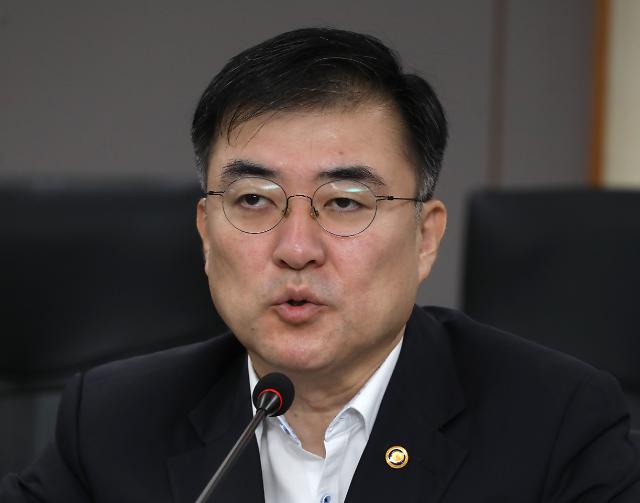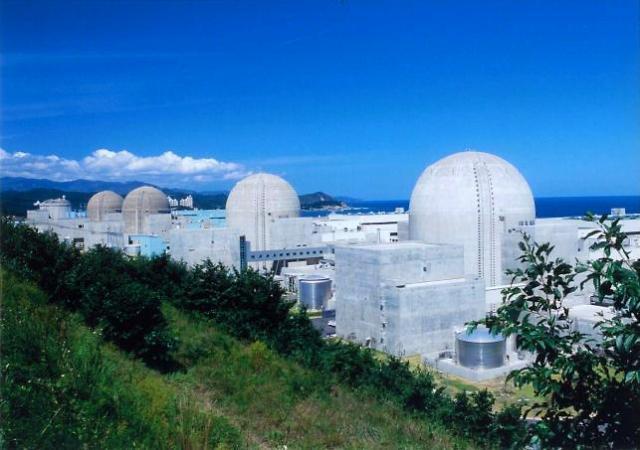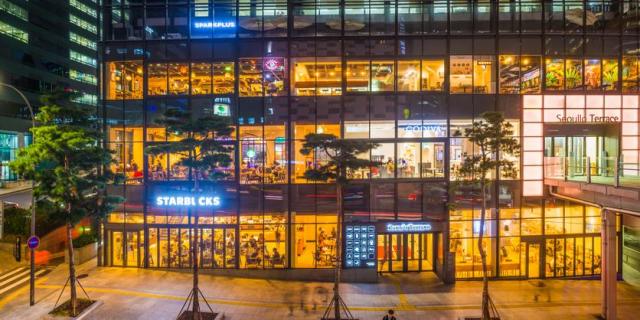
The Financial Services Commission Vice Chairman Sohn Byung-doo [Yonhap Photo]
SEOUL -- South Korea's financial markets are still in a stable situation despite growing concerns about a Sino-U.S. trade row coupled with a trade war between South Korea and Japan that sent the won falling to a record low. Financial regulators reported no major change in the assessment of South Korea's financial markets by global investors.
The won hit a three-year low against the U.S. dollar on Monday, trading at 1,218.30 at one point. Safe assets were favored with gold prices rising to 54,650 won ($45) per gram. "The foreign exchange market seems to be reacting sensitively, especially because of the combination of various global negative factors and the South Korea-Japan conflict," said Sohn Byung-doo, vice chairman of the Financial Services Commission (FSC).
"We have to wait and see if this situation will continue for a long time, but overall, we don`t think there are many signs of improvement due to poor corporate performance," Sohn said after a meeting of financial officials, expressing worries that .a prolonged conflict between South Korea and Japan could be "a serious problem."
As yet, the outflow of foreign funds is stable with credit default swaps staying in good shape, he said. A credit default swap (CDS) is a financial swap agreement that the seller of the CDS will compensate the buyer in the event of a debt default or other credit event.
"There seems to be no major change in global investors' assessment of our financial markets yet," Sohn said, adding Japanese savings banks and loan companies have confirmed that they would not withdraw. Bonds held by credit lenders are asset-backed securities (ABS), which can generate high profits in a stable manner. Financial officials believe asset-backed securities can be refinanced without much difficulty even if Japan withdraws funds from South Korea.
Financial Supervisory Service (FSS) showed that Japan-based funds raised by domestic credit card companies, capital companies and other credit-specialized financial institutions stood at $5.56 billion at the end of June this year. Foreign currency bonds of loan-specialized financial firms are usually three-year products, with $1.5 billion in volume due in the first half of next year.
At the end of June, 4,128 Japanese investors were registered in South Korea, or 8.7 percent of all foreign investors. Japanese investors are the second largest after 15,639 U.S. investors, but their holdings of listed stocks in South Korea were estimated at 12.98 trillion won or 0.8 percent of the market capitalization of listed stocks.
Japanese investors accounted for 2.3 percent of total holdings by foreign investors. U.S. investors topped the list with 24.47 trillion won, or 42.9 percent, followed by British investors with 44.82 trillion won.




